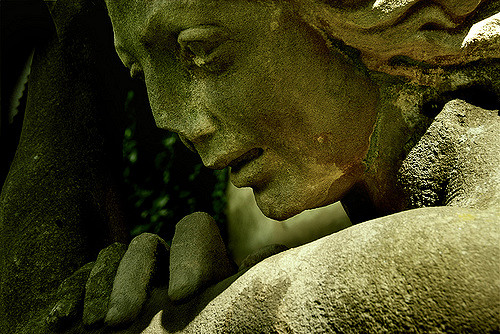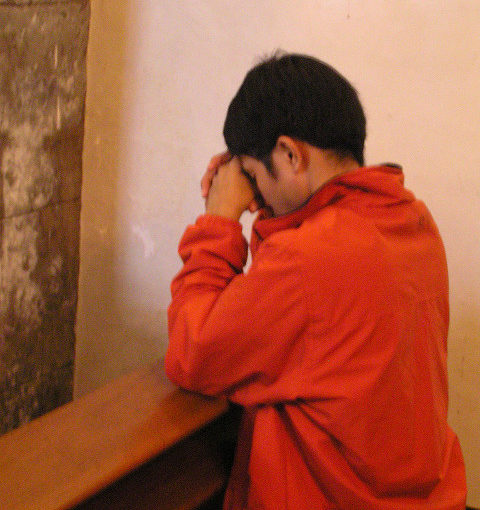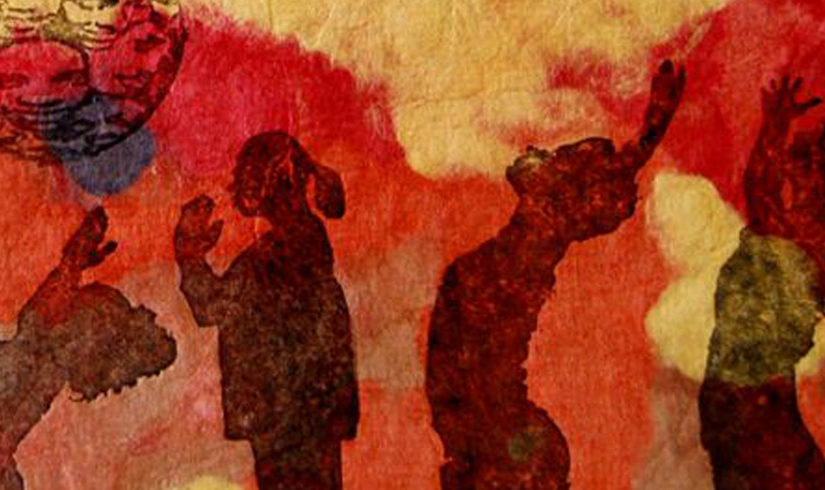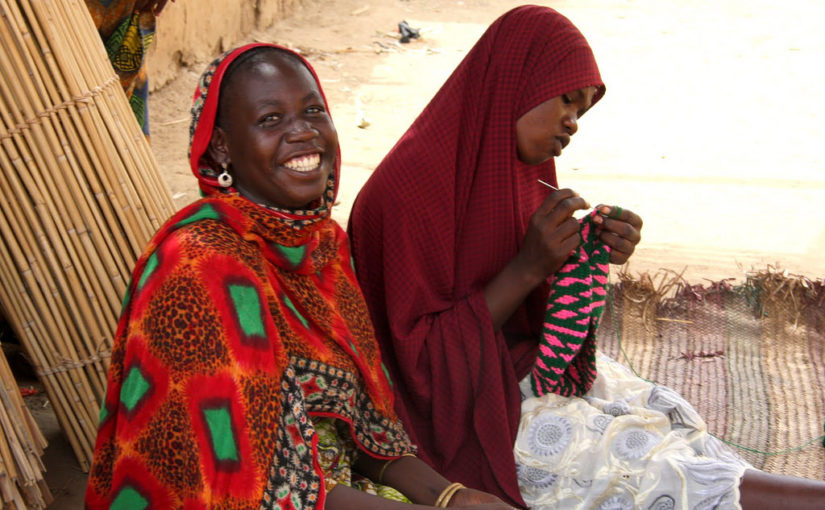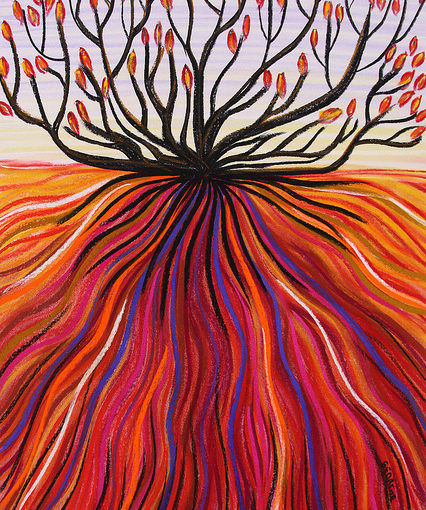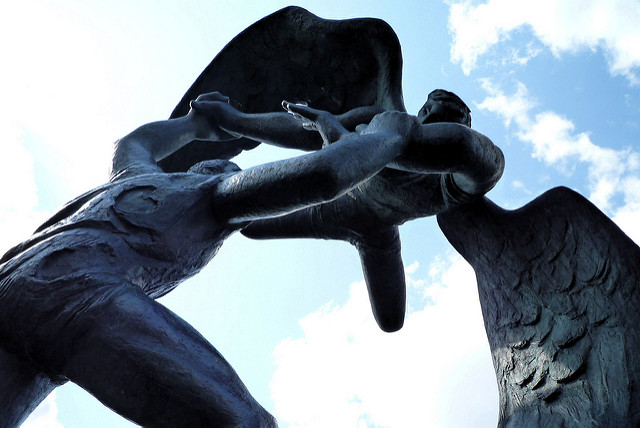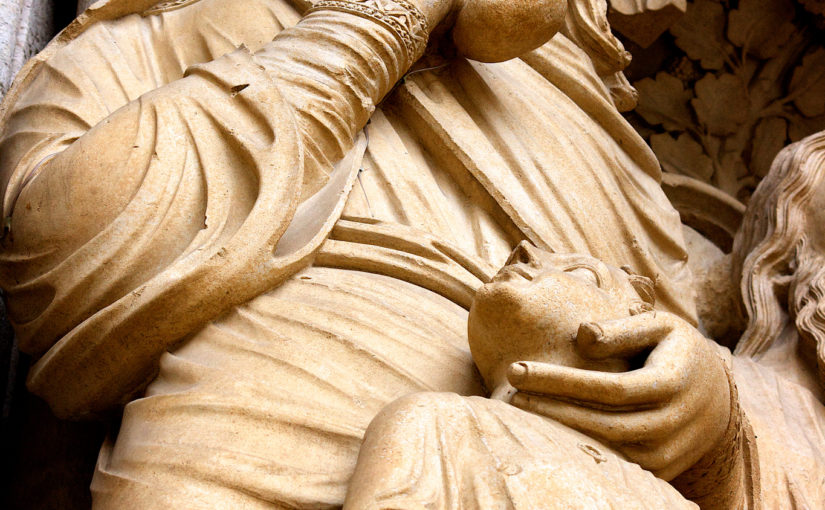Friday, March 17 – 2 Chronicles 20:5-23
5 Jehoshaphat stood in the assembly of Judah and Jerusalem, in the house of the Lord, before the new court, 6 and said, “O Lord, God of our ancestors, are you not God in heaven? Do you not rule over all the kingdoms of the nations? In your hand are power and might, so that no one is able to withstand you. 7 Did you not, O our God, drive out the inhabitants of this land before your people Israel, and give it forever to the descendants of your friend Abraham? 8 They have lived in it, and in it have built you a sanctuary for your name, saying, 9 ‘If disaster comes upon us, the sword, judgment, or pestilence, or famine, we will stand before this house, and before you, for your name is in this house, and cry to you in our distress, and you will hear and save.’ 10 See now, the people of Ammon, Moab, and Mount Seir, whom you would not let Israel invade when they came from the land of Egypt, and whom they avoided and did not destroy— 11 they reward us by coming to drive us out of your possession that you have given us to inherit. 12 O our God, will you not execute judgment upon them? For we are powerless against this great multitude that is coming against us. We do not know what to do, but our eyes are on you.”
13 Meanwhile all Judah stood before the Lord, with their little ones, their wives, and their children. 14 Then the spirit of the Lord came upon Jahaziel son of Zechariah, son of Benaiah, son of Jeiel, son of Mattaniah, a Levite of the sons of Asaph, in the middle of the assembly. 15 He said, “Listen, all Judah and inhabitants of Jerusalem, and King Jehoshaphat: Thus says the Lord to you: ‘Do not fear or be dismayed at this great multitude; for the battle is not yours but God’s. 16 Tomorrow go down against them; they will come up by the ascent of Ziz; you will find them at the end of the valley, before the wilderness of Jeruel. 17 This battle is not for you to fight; take your position, stand still, and see the victory of the Lord on your behalf, O Judah and Jerusalem.’ Do not fear or be dismayed; tomorrow go out against them, and the Lord will be with you.”
18 Then Jehoshaphat bowed down with his face to the ground, and all Judah and the inhabitants of Jerusalem fell down before the Lord, worshiping the Lord. 19 And the Levites, of the Kohathites and the Korahites, stood up to praise the Lord, the God of Israel, with a very loud voice.
20 They rose early in the morning and went out into the wilderness of Tekoa; and as they went out, Jehoshaphat stood and said, “Listen to me, O Judah and inhabitants of Jerusalem! Believe in the Lord your God and you will be established; believe his prophets.” 21 When he had taken counsel with the people, he appointed those who were to sing to the Lord and praise him in holy splendor, as they went before the army, saying,
“Give thanks to the Lord,
for his steadfast love endures forever.”
22 As they began to sing and praise, the Lord set an ambush against the Ammonites, Moab, and Mount Seir, who had come against Judah, so that they were routed. 23 For the Ammonites and Moab attacked the inhabitants of Mount Seir, destroying them utterly; and when they had made an end of the inhabitants of Seir, they all helped to destroy one another.
Points of Interest:
- Jehoshaphat is a contemporary of Ahab and Jezebel in the 9th century B.C. Jehoshaphat ruled the southern kingdom of Judah. Judah’s capital city was Jerusalem, the city of the great temple built under King Solomon. Judah’s very existence is threatened by foreign armies, and in his prayer, Jehoshaphat refers to this temple as symbolizing God’s protective presence.
- Jehoshaphat begins his prayer by asking God, “Are you not in heaven?” Perhaps this is a rhetorical question and a mark of faith, reminding himself that of course God is present and listening and ready to help. Or perhaps this is a prayer of doubt, asking God, “Aren’t you there?” Perhaps Jehoshaphat is reminding God of what God has promised. Prayer can rise from both faith and doubt and serves to remind both God and ourselves what we know, believe, and hope to be true of God.
- Jehoshaphat speaks the un-defensive, unvarnished truth of his dilemma: “We do not know what to do.” He doesn’t pretty up – either for God or for his watching subordinates – how stuck he is. He simply says to God, “We are powerless, but we are watching. We are waiting for you, God.”
- Then they wait. And wait. And then God speaks, through somebody else. This no-name priest isn’t a person of particular prominence, but in giving his whole family lineage, I think the narrator suggests both the historicity of this event and also how much this person Jahaziel is known to God.
- Jahaziel’s message isn’t tactical. There’s no solution in it. He says that God is with them, and that is good enough. They have nothing to fear.
- The warfare of this passage is likely distracting to us. Does God really take sides in competitions, be they sporting events or actual wars? My own theology lends me to tend to say, “No.” But it is undeniable that the ancients, including Israel, tended to see God as backing a particular people and nation’s welfare. So victory in war was a sign of God’s presence and strength. However imperfect, this is the theological landscape this story drops us into.
- The unusual method of warfare Jehoshaphat and followers embrace seems more timeless. Knowing they are outmatched on human terms, they praise God. They sing and worship as protest. People with their backs against the wall have thanked and praised God in the middle of their trials, not just for comfort, but for strength. Spoken and sung praise, individual and collective, is a way of aligning our hearts and our fate with a God who is both within and beyond the limits of our circumstances.
- I don’t know what to make of the unlikely ending, in which God himself ambushes the various opposing armies, so that they destroy themselves while Judah sings. In this particular case, faith and worship were the only acts of battle required.
Taking It Home:
- Spiritual Exercise – Tell God where you are powerless and need help and simply wait. Don’t try to make up an answer or solution. See if God sends a person or circumstance into your path over the next day to speak to you.
- Prayer for your six. – Pray that God provides miraculous help in any situation in which any of your six are stuck or embattled.


